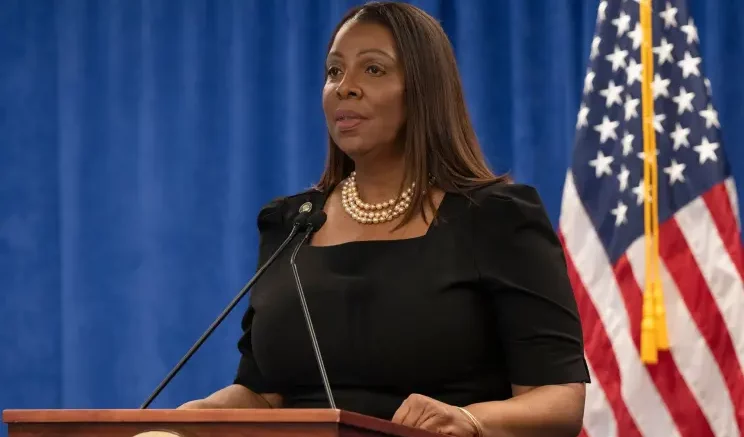New York State Attorney General Letitia James has recently initiated legal action against JBS USA Food Co., a major beef producer, alleging “fraudulent and illegal business activities” and seeking the disgorgement of profits. However, critics argue that James’ lawsuit is little more than a publicity stunt, driven by political motives rather than legitimate legal concerns.
Critics contend that James is employing the state’s legal machinery to target industries and individuals deemed unpopular by left-leaning factions, sacrificing the integrity of the rule of law in the process. They fear that if James can effectively target beef producers, other industries could be next in line for similar legal scrutiny, potentially resulting in a chilling effect on business operations and economic growth in New York.
Much of James’ complaint focuses on the environmental impact of beef production, rather than specific allegations against JBS. She accuses the company of fraud for claiming it aspires to achieve net-zero carbon emissions by 2040, a charge that critics dismiss as baseless. They argue that aspirational goals, such as achieving net-zero emissions, do not constitute fraud, especially when concrete plans to achieve such goals may not yet exist due to technological limitations.
Critics further argue that James’ true objective is to put beef producers out of business, citing her references to United Nations reports advocating for reduced meat consumption. They see James’ lawsuit as a warning sign to politically disfavored industries, signaling that they may face legal challenges and costly defense battles if they do not align with certain ideological positions.
Criticism extends to the New York State Bar Association for failing to denounce what critics view as a frivolous lawsuit. They argue that James’ legal vendettas, coupled with other economic factors like high taxes and regulations, could exacerbate the ongoing exodus of businesses from New York, further undermining the state’s economy.
In addition to economic concerns, critics point to escalating crime rates in New York City and advocate for James to focus her efforts on addressing public safety issues rather than pursuing politically motivated legal actions. They question whether James can be removed from office, but note that it would require significant political support, which may be unlikely given New York’s current political landscape.
Ultimately, critics urge the legal community to uphold the principles of impartiality and apolitical administration of justice, warning that failure to do so could have dire consequences for New York’s economy and reputation as a bastion of legal integrity.

